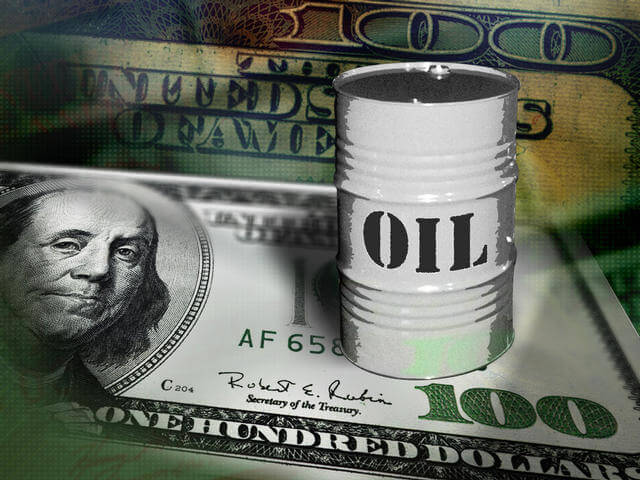Tag Archive for: #OILPRICE
OPEC kept forecasts for global oil supply and demand unchanged in its last monthly assessment before members meet to review the market.
The 13 nations of the Organization of Petroleum Exporting Countries pumped 32.44 million barrels a day in April, slightly less than will be required to meet demand in the third quarter. Production rose as gains in Iran and Iraq compensated for losses in Nigeria and Kuwait. Investment by the global oil industry through 2018 will slump to less than half the amount spent from 2012 to 2014 following the collapse in prices, OPEC said.
Oil prices have rebounded more than 75 percent from the lows reached in February as U.S. shale production falters, signaling that Saudi Arabia’s strategy to re-balance oversupplied world markets is taking effect. OPEC, which failed to complete an accord with non-members last month on capping output, has no current plans to revive supply limits when ministers meet on June 2, six delegates said on May 4.
“We shouldn’t expect any freeze and definitely not any cut because OPEC sees things are improving from a fundamental point of view,” said Torbjoern Kjus, an analyst at DNB ASA in Oslo. “The structural decline based on lower investment is starting to show up in numbers for non-OPEC. That damage is done, even if prices recover in the second half.”
April Increase
OPEC production increased by 188,200 barrels a day last month to 32.44 million, according to the report. While the group’s supply has typically exceeded the required amount in recent months, April output is about 380,000 barrels a day below the 32.8 million that OPEC estimates will be needed in the third quarter. That potential shortfall is a further indication the organization’s policy is working.
Global oil demand will increase by 1.2 million barrels a day, or 1.3 percent, this year to 94.18 million a day, according to the report. Supplies from outside the group will shrink by 740,000 barrels a day to 56.4 million.
“A return to balance is a shared interest among consumers and producers alike,” the group’s Vienna-based research department said in the monthly report.

Drivers are rejoicing over historically low prices at the pump.Yet while cheap gas prices are great for household budgets, they could indicate big trouble for the global economy, some economists say.
Markets around the world rely heavily on emerging economies—which, with the exception of China and India, are rich in oil and commodities, Bloomberg explained. These countries make up about 40 percent of global gross domestic product, double that in 1990.
Some of these markets, including oil-rich Russia and Saudi Arabia, are experiencing slow, and even shrinking, economic growth due to plunging oil prices. (Low oil prices are what’s responsible for low consumer gas prices.) Other markets, such as Nigeria, Suriname and Azerbaijan, have a high risk of default. Venezuela, one of the top 10 oil exporters, is considered one of the most likely default candidates. Its bonds maturing in 2022 are supposed to yield more than 40%, while in 2013, the yield was less than 10%, Bloomberg reported.
The slowdown has also extended to other industries, with Apple blaming weaker sales in the fourth quarter of 2015 on lagging economic growth in some emerging oil-rich nations. At the same time, however, consumers around the globe should have more disposable income because of what they’re saving thanks to cheaper fuel, heating, and energy costs. Some analysts maintain that this increase in disposable income should boost spending in other areas and keep the economy humming along.
Still, the changing demographics of oil production could hurt the global economy. While in the past the loss to exporters was bolstered by importers’ gains, the U.S. now competes with Saudi Arabia and Russia for the title of the world’s largest oil producer.
“Many oil exporters face very difficult circumstances,” Gian Maria Milesi-Ferretti, the IMF’s deputy director of research, told Bloomberg. “So now they have to cut spending significantly, and this will have an impact on economic growth.”

Copyright: Time
Scroll to top


